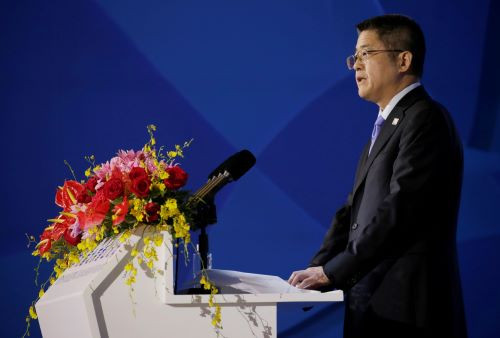According to an economist from the University of Arkansas Walton College of Business Mervin Jebaraj, China experienced a constant decline in its growth rate since 2010 but is slowly improving.
He also claimed that traders may have caused the decline of China's economy, but the new US tariff rates applied by the latter is not among the causes.
"The Chinese economy has some long-term growth issues outside of the trade war and the short-term impact that it's having now," Jebaraj told 5 News Online.
He added, "Some of that has to do with the debt of the companies in China and local governments in China."
Jebaraj also said that the Chinese workforce is aging and resulted in hangover effects such as the One-Child Policy. Such a policy also hurts the labor force of the country since there is a shortage of young people who replace its workforce.
Nevertheless, Jebaraj shared that China may be improving its growth rate and transitioning into a developed country.
However, given that it has only garnered an average of 2-3% annual growth, China is not there yet. They are improving but the values are better than they were from 10, 20, and 30 decades ago.
The South China Morning Post reported that analysts blamed the China-US trade war on China's economic decline. They pegged that the yuan exchange rate against the dollar pulled out wealth in China and adversely affected the country.
However, the State Administration of Foreign Exchange (Safe) attested that China has maintained its cross-border capital flows in January and September this year.
Jebaraj then raised that the decline of confidence towards the yuan, the underperforming Chinese workforce, and the withdrawal of traders in the country's currency is the causes of such decline. Thus, the economist concluded that the higher US tariff rates were not the culprit.
China's growth rate has been down from 6.8 percent in the first three months of the year. At the lower end, they rose up to 6.7 to 6.9 percent every quarter since by the end of the second quarter of 2015.
According to the National Bureau of Statistics, Beijing targets the growth rate to have a steady growth of at least 6.5 percent this 2019. Since the China-US trade war continues to present economic problems in the country, the growth rate could fall even further as both US President Donald Trump and China President Xi Jinping refused to agree on their respective terms.






